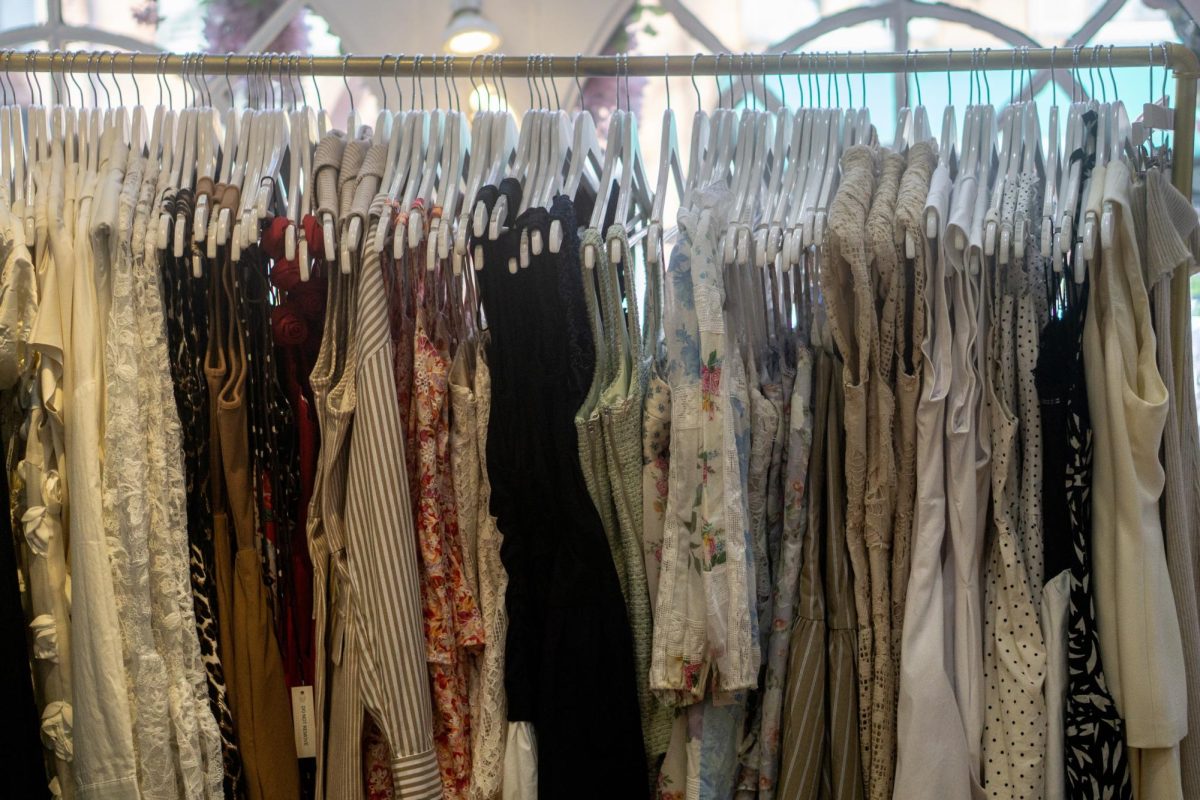By Vy Thai, arts & entertainment columnist
For several decades, the U.S. has unofficially proven itself the cultural center of the world, shown through the prevalence of its cultural products and lifestyle beyond its physical borders.
As a kid born and raised in Vietnam, you may be surprised by how many commonalities my childhood shared with kids growing up in the U.S.. There were many days where my peers and I would beg to watch an hour of “Sabrina the Teenage Witch” on cable TV rather than other domestic children programs, or would save allowance money for a Britney Spears poster. The fact that Vietnam had almost completely moved away from its war-torn past with the U.S. and adopted its new wave of cultural globalization in part showed the success of the U.S. in its quest of cultural hegemony around the world.
The U.S., nevertheless, is showing signs where its cultural fabric is becoming more distant from the rest of the world as the war for cultural diversity begins to take place.
Essentially a land of immigrants, the U.S. culture are an amalgam of every bit of the variables from the people. Yet, the tendency for it to shift back to the era of a monolithic culture, where society completely revolves around a single set of cultural trends, fundamentally catches the country off guard at the time where globalization still sweeps across the world. It is simply not the same era where MTV still functioned like a televised boombox, where people controlled the greater public’s response over cultural products and not the other way around.
Historically, American culture has been able to dominate the world mostly thanks to the enormous U.S. home market. In the recent years, however, growing political and economic importance of Asia, Europe and other larger markets have created more space for their cultures to assert themselves. The world has witnessed Japanese lifestyle become the prevalent culture in the Eastern hemisphere, with its distinctive, recognizable pop and food cultures. Its neighbor South Korea took a comparable path and foreseeably made its name known around the world thanks to the global “Gangnam Style” sensation.
Culture is meant to be the fabric of a society and stands away from other indications contributing to its position and power. No culture should be isolated. As a result, what remains is how well each culture can best represent its values to others and, most importantly, to its own people.
In this sense, South Korea has done a decent job of establishing its own brand of pop culture as a synthesis but not a total replica of the West. When I was in South Korea last year for an internship, I was as amazed at the sense of pride people have for kimchi as the country’s emphasis in taking its international audiences for granted.
The U.S. is, on the other hand, still resistant to the changing demands of a world where diversity and inclusion are important aspects that determine the adaptation of one’s culture. While Hollywood’s castings of white actors for roles of different ethnicities through colorblind casting can be seen as whitewashing, it goes beyond that to the matter of disregarding the meaning of culture as a representation of its own people and society.
With the current Kardashians-bombarded popular culture and the recent rise of Trump’s populist administration, it is reasonable to expect the cultural landscape of the U.S. in the next several years to continue to be off the beaten track of the rest of the world. And the end of American cultural hegemony could eventually come sooner rather than later.















